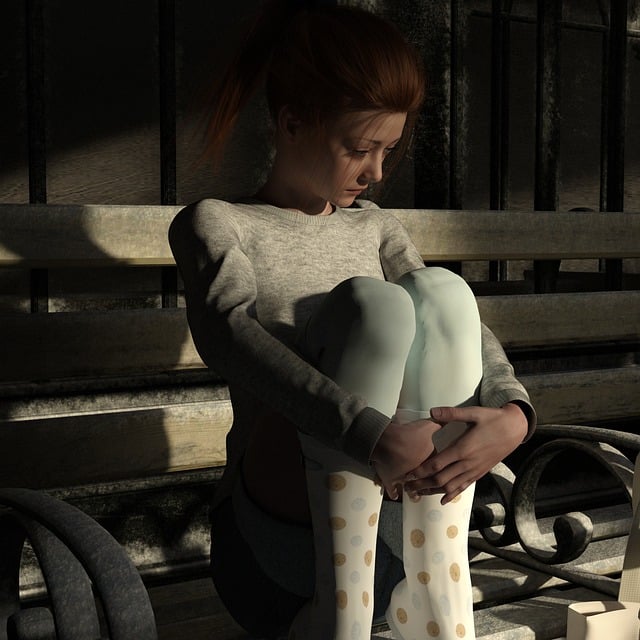
To be sorry is to feel sad or distressed.
Compungido is an adjective that describes someone who is hurt or afflicted . The term comes from the verb compungir : to become saddened by another's suffering or one's own fault.
sad or distressed
He who is saddened, therefore, feels sad or distressed . For example : "The girl's sad face caused me great pain" , "Sorrowful, the man told his son that he could not be present at his birthday party" , "I am still saddened by the death of my pet and that "It's been two years since the incident."
Throughout these three examples we can notice certain nuances that go beyond the mere definition of the term, as well as the presence of certain feelings or certain sensations that can go hand in hand with compunction . Let's start with the first, in which the sender claims to have felt deep pain simply because of the repentant gesture of a girl: here we implicitly have empathy, the ability to put ourselves in the shoes of another to try to feel their suffering and understand it, especially if we have never gone through something similar.
The second sentence tells us about a man who feels very sad about not being able to attend his son's birthday party. He tells this without hiding his feelings, showing himself to be sorry, so that his message has a content that is not textual , but that the interlocutor must understand through observation, knowledge of the sender, the context and other factors that make the particular circumstance. If the first person did not want to go to the party, they could say the same words with an opposite intention, so that language is not enough to complete the communication.
The last example touches on an extremely delicate topic: grief . In this case, the issuer claims to feel saddened by the death of his pet even though it occurred two years earlier. It is very common to come across phrases like "sadness goes away in a few months", but this pain is absolutely personal, unique to each individual, and we cannot predict how much it will affect us. At best, we learn to live with it and move on, but it would be very strange to get rid of this feeling, as if we had not lost someone important.
Example situations
Multiple reasons can make someone feel sad. Suppose that a young man, while walking to his girlfriend's house, comes across several children who are begging for alms . The boy is saddened because he knows that, although he can help them with some money , these boys face many dangers on the streets and suffer from very difficult living conditions.
Take the case of a woman who finds out that a friend has lost her job . The news leaves her saddened : she knows how difficult it is to find work and wonders how her friend will cover her needs without earning income.

Compunction is unique to each person.
Of course, the intensity of the compunction varies depending on the reason and according to each person. An individual may be saddened by his father's health problems or by a loss on his soccer team. Obviously the regret he experiences due to his parent's condition is much deeper than the discomfort caused by a sporting result.
Everyday speech often lends itself to relatively exaggerated uses of terms like this, and even more, such as when we say "I'm dead" (referring to extreme tiredness) or "I'm drowning" (because it's too hot). Anyway, as we mentioned before, each person experiences compunction in a unique way , which is why it should be compared to love or happiness.
